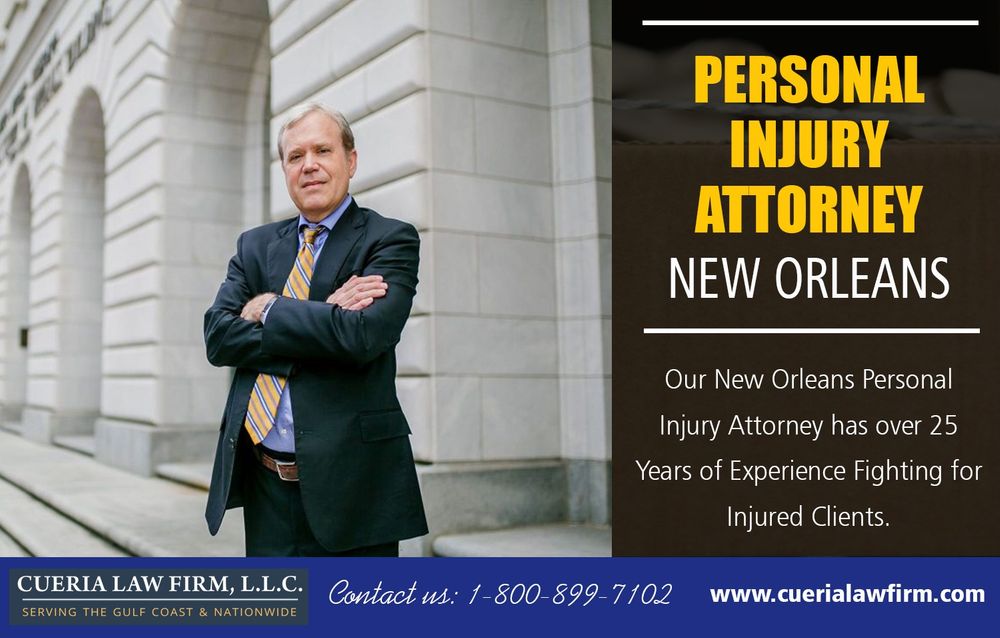Looking for the best injury attorney in the country? You’re not alone. Whether you’ve been hit in a car crash, suffered from medical negligence, or slipped at a store, having the right lawyer can make or break your case. This guide breaks down the best-rated injury attorneys across the U.S., what makes them stand out, and how you can choose the right one for your case.

Why You Need a Top-Rated Injury Attorney
Injury law isn’t just about knowing statutes—it’s about fighting for people who are hurting, scared, and often financially crushed. A top-rated attorney doesn’t just “show up” in court—they go to war for you.
The Real Cost of Not Hiring the Right Lawyer
Here’s the truth: insurance companies play hardball. If your lawyer doesn’t have the chops to go head-to-head with them, you could leave tens—or even hundreds—of thousands on the table. Think of it like bringing a butter knife to a sword fight. You need someone who can swing a legal broadsword.
What Makes an Injury Attorney “Top Rated”?
Not every lawyer who claims to be the best actually is. Let’s break down what sets the elite apart from the rest.
Experience in Personal Injury Law
You wouldn’t hire a foot doctor for brain surgery, right? Same idea here. You need someone who’s focused specifically on personal injury law.
Track Record of Wins & Settlements
A top-rated attorney should have a solid history of high-value wins. Big settlements. Big verdicts. Big results.
Client Reviews & Ratings
What past clients say matters. If they’re consistently praised for communication, compassion, and crushing it in court, that’s your person.
Avvo, Martindale-Hubbell, and Super Lawyers Explained
- Avvo scores attorneys on experience, disciplinary history, and endorsements.
- Martindale-Hubbell gives peer-reviewed ratings (other lawyers grade them).
- Super Lawyers lists top legal talent based on peer nominations and independent research.

Types of Injury Cases Handled by Top Attorneys
Elite injury lawyers don’t dabble—they specialize. Here are some of the most common case types they handle:
Car and Truck Accidents
From fender benders to 18-wheeler wrecks, car accident cases are the bread and butter of most injury attorneys.
Medical Malpractice
Botched surgeries. Missed diagnoses. When doctors mess up, it takes serious legal firepower to hold them accountable.
Slip and Fall & Premises Liability
If you fell on someone else’s property due to negligence, you might have a case—especially if they knew about the hazard and didn’t fix it.
Product Liability and Defective Products
That exploding e-cig? That faulty car part? Top attorneys take on massive corporations and win.
Top 10 Injury Attorneys Across the U.S.
Let’s get to what you really want to know—who’s the best of the best?
East Coast Standouts
- Thomas J. Henry (New York/Florida) – Known for massive verdicts and aggressive courtroom tactics.
- Joe Fried (Atlanta, GA) – A leader in trucking accident litigation with multimillion-dollar wins.
Midwest Leaders
- Robert Eglet (Las Vegas, NV) – Won one of the largest injury settlements in U.S. history.
- Jeffrey Rasansky (Dallas, TX) – Big in medical malpractice and child injury law.
West Coast Powerhouses
- Brian Panish (Los Angeles, CA) – Think 8-figure verdicts and fearless courtroom presence.
- Mark Geragos (California) – Famous and effective, especially in high-profile injury cases.

How to Choose the Best Injury Attorney for You
Big names are great—but the best lawyer is the one that fits your case and vibe.
Ask the Right Questions
- How many cases like mine have you handled?
- What’s your success rate?
- Will you personally handle my case?
Understand Their Fee Structure
Most injury lawyers work on contingency—meaning they don’t get paid unless you win. Make sure you know exactly what percentage they’ll take and whether expenses are included.
Red Flags to Watch Out For
Not all that glitters is gold. Watch out for these signs you might be dealing with a dud.
Overpromising Outcomes
If they’re guaranteeing you a win or a certain dollar amount? 🚩 Huge red flag. No one can promise that.
Poor Communication or Unclear Contracts
If they dodge your calls or won’t put things in writing, walk away. You need transparency and consistency.
FAQs About Hiring Injury Lawyers
- Do I need to pay upfront?
No. Most work on contingency, meaning they only get paid if you do. - How long will my case take?
Depends on complexity—anywhere from a few months to years. - What if I’m partly at fault?
You might still recover damages. It varies by state (check “comparative negligence” laws). - Can I switch lawyers mid-case?
Yes, though you might still owe fees to the first lawyer depending on your contract. - What should I bring to the first meeting?
Medical records, police reports, insurance info, and a list of questions.
Conclusion
Finding the right injury attorney can feel overwhelming—but it doesn’t have to be. Stick to the facts, trust your gut, and remember: this person will be your advocate when you need one most. The top-rated attorneys in the U.S. didn’t get there by accident. They earned it through hard work, wins, and making a difference for their clients. Make sure the one you choose does the same for you.
5 Unique FAQs
1. What’s the difference between a settlement and a verdict?
A settlement happens outside of court when both parties agree on a compensation amount. A verdict is decided by a judge or jury after a trial.
2. Are bigger law firms better than solo attorneys?
Not always. Big firms have resources, but solo attorneys may offer more personal attention.
3. How much is my case worth?
Depends on your injuries, medical bills, lost wages, and more. Only a qualified attorney can give an accurate estimate after reviewing your case.
4. Can I still sue if I signed a waiver?
Possibly. Waivers don’t always hold up in court—especially if negligence was involved.
5. What if I can’t work because of my injury?
A top injury lawyer will fight to include lost wages and future earning potential in your claim.